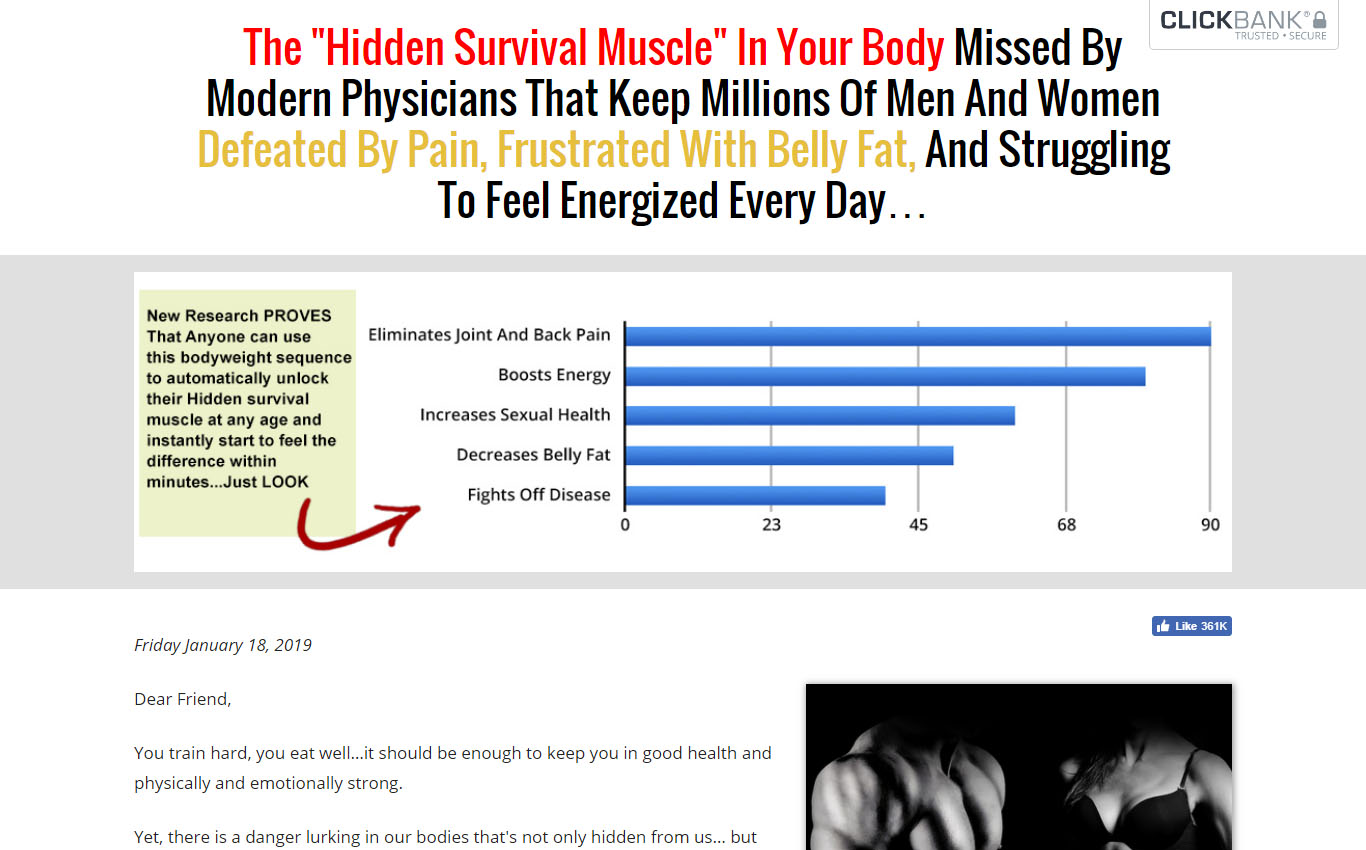In the majority of cases, a hip sprain begins as a microscopic tear that gradually increases in size with repetitive use of the hip. These types of tears are common in sports like cycling, running, swimming, baseball, and golf due to overuse of the hip. If diagnosed early, Grade I and Grade II strains can be effectively treated with rest and other conservative treatments. Grade III strains, however, are one of the most serious hip injuries. This is especially true if the strain is accompanied by a fracture. If your hip cannot bear weight, it is imperative that you contact an orthopaedist for professional treatment.
I had physical therapy last year for lower back pain and these exercises were part of the regimen. I went 2 to 3 times a week and it actually worked, I was pain free. The therapist stated that as long as I incorporated these exercises into my daily life a few times a week, I would remain pain free. I did just that for a few months and she was right, I felt great. Unfortunately, I took being pain free for a few months for being “cured”, not so, pain is back, which is why I’m online looking for relief. After looking at this website, I realize, I already know what will work, these exercises duh, lol. As soon as I log off, I will hit the mat and as long as these exercises work as well as last year I am determined to do them on a regular basis (like the therapist suggested) and live pain free…at least in my back! 🙂
Melissa Conrad Stöppler, MD, is a U.S. board-certified Anatomic Pathologist with subspecialty training in the fields of Experimental and Molecular Pathology. Dr. Stöppler's educational background includes a BA with Highest Distinction from the University of Virginia and an MD from the University of North Carolina. She completed residency training in Anatomic Pathology at Georgetown University followed by subspecialty fellowship training in molecular diagnostics and experimental pathology.
Some of these red flags are much less red than others, especially depending on the circumstances. For instance, “weight loss” is common and often the sign of successful diet! (Well, at least temporarily successful, anyway. 😃) Obviously, if you know of a harmless reason why you have a red flag symptom, it isn’t really a red flag (duh!). But every single actual red flag — in combination with severe low back pain that’s been going on for several weeks — is definitely a good reason to get yourself checked out.


